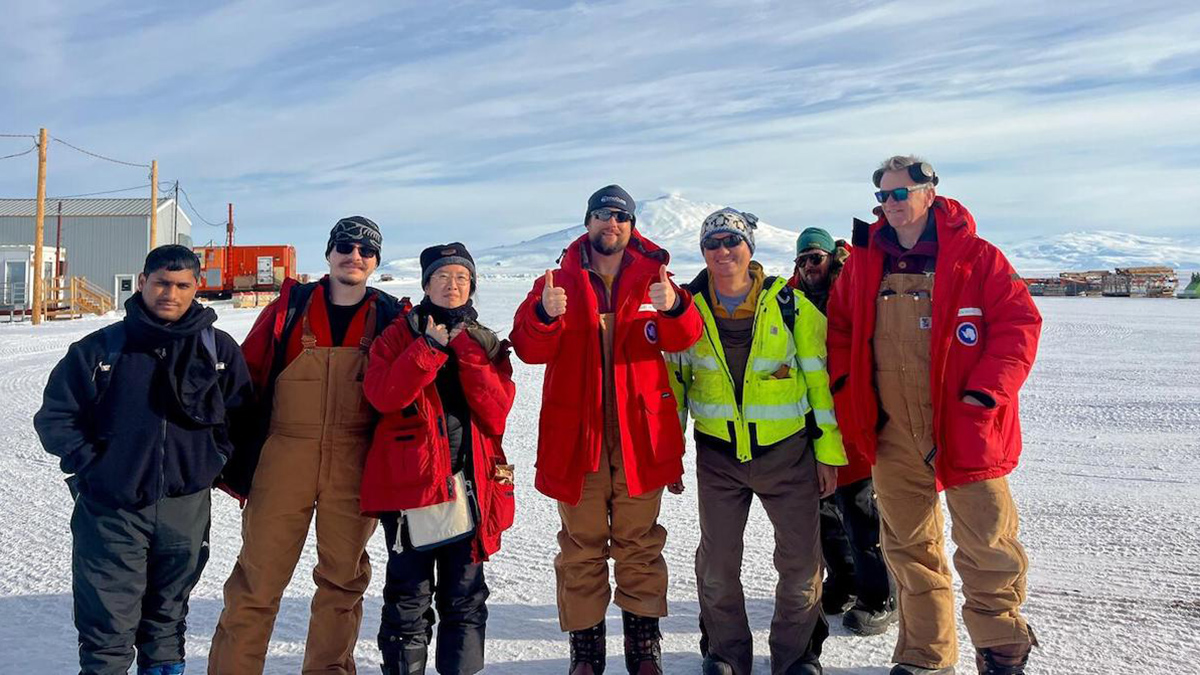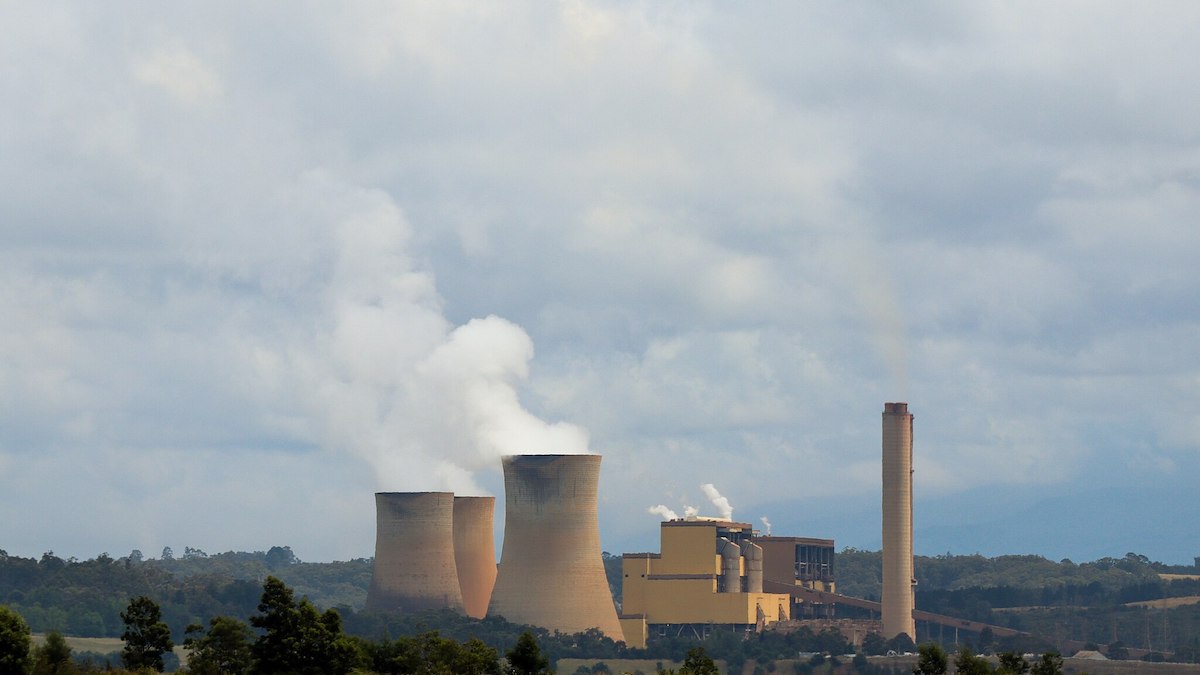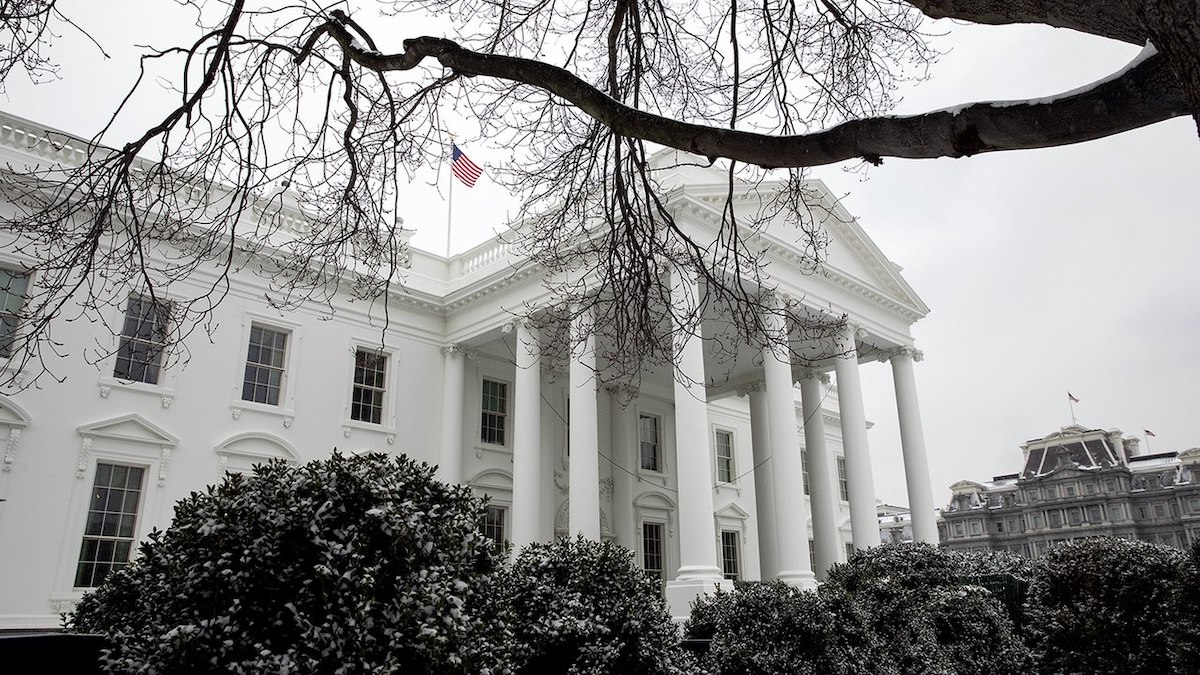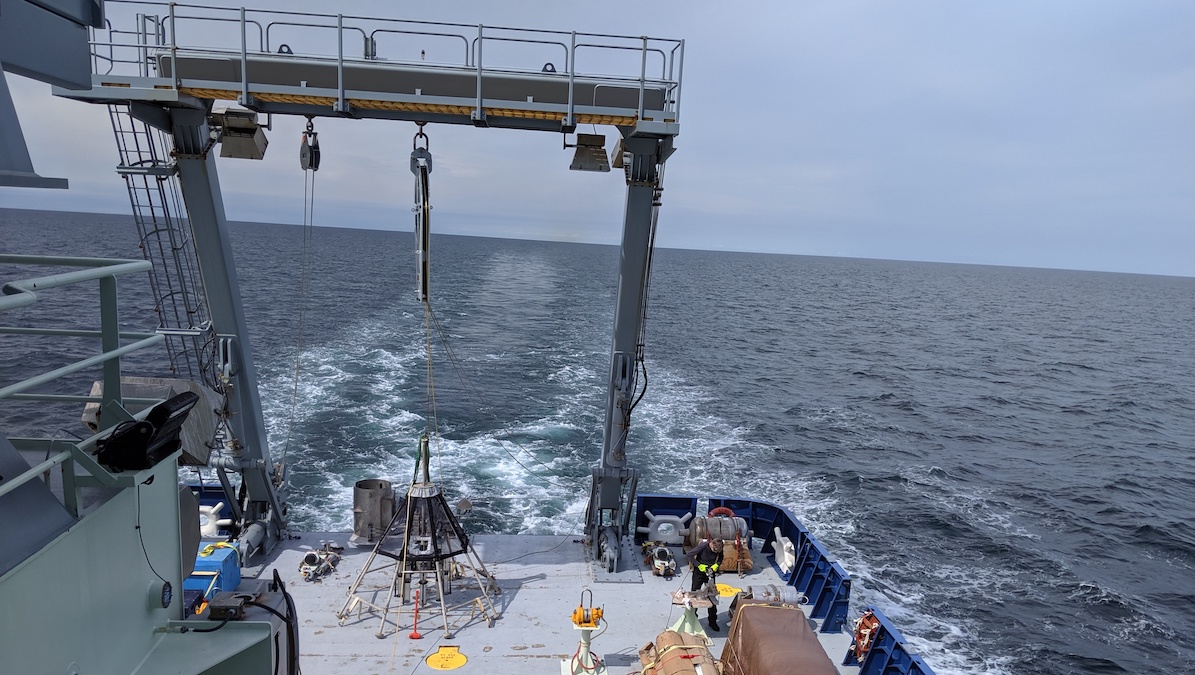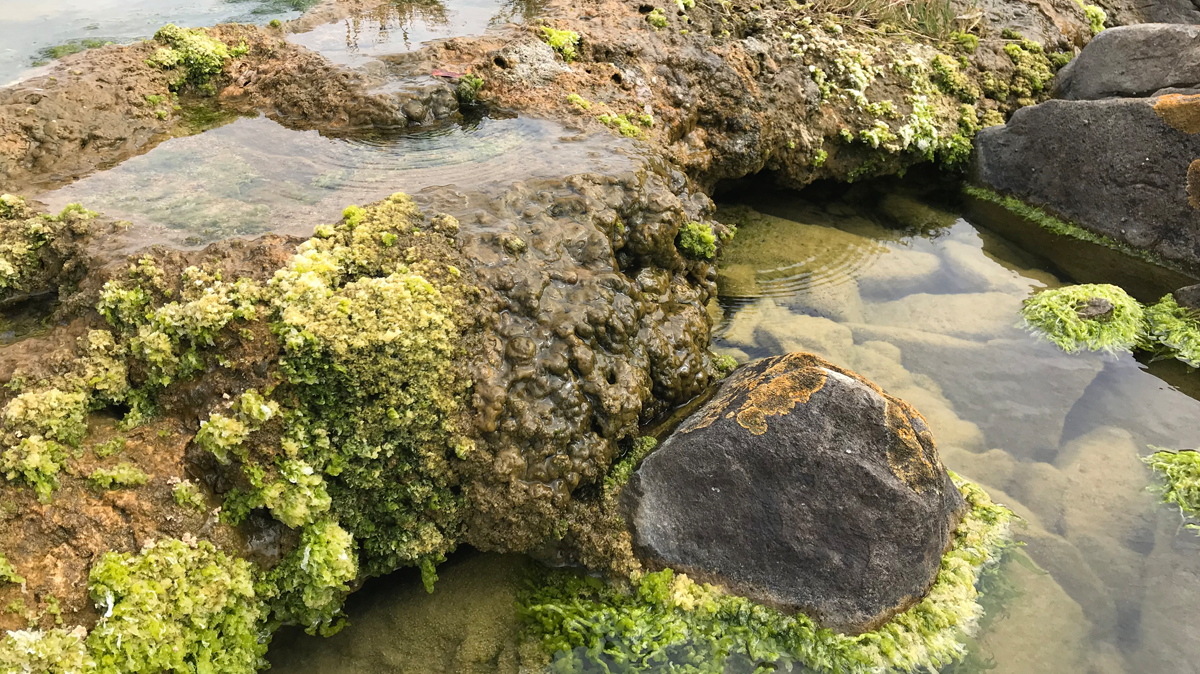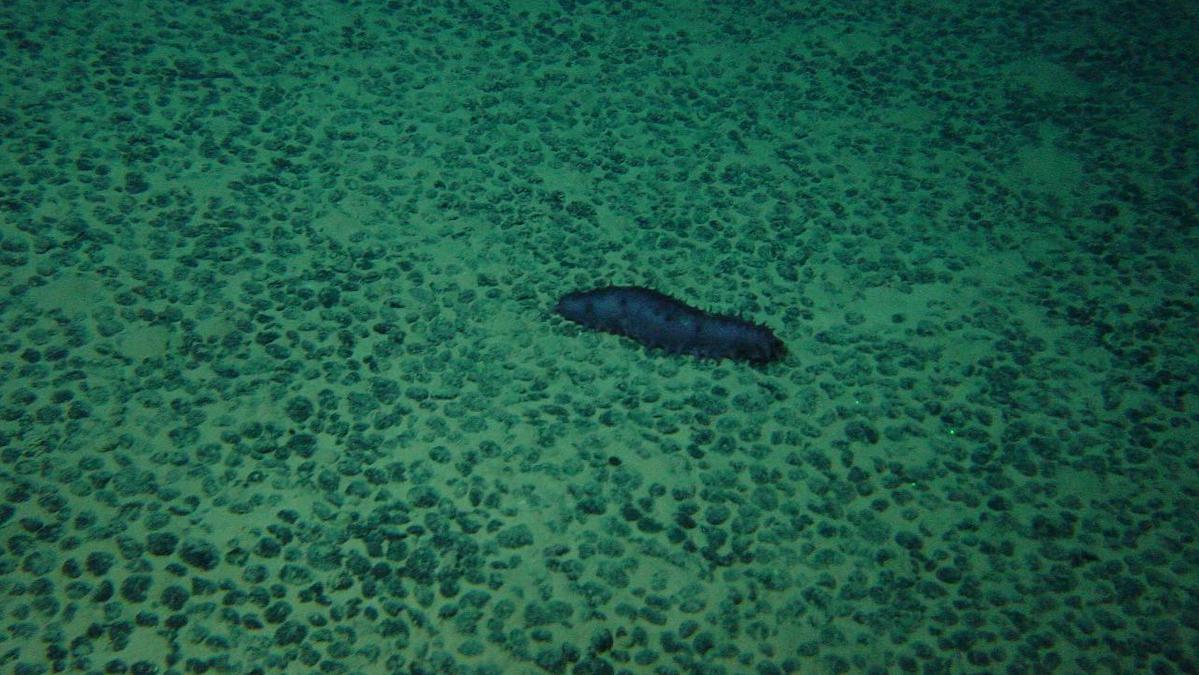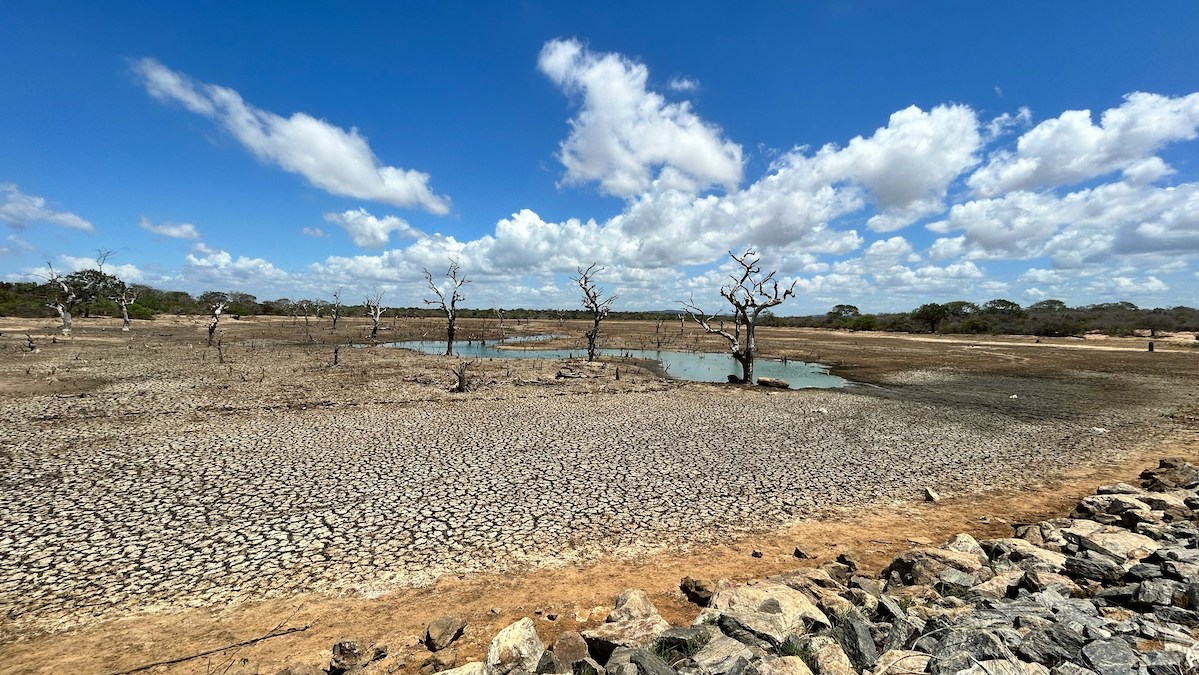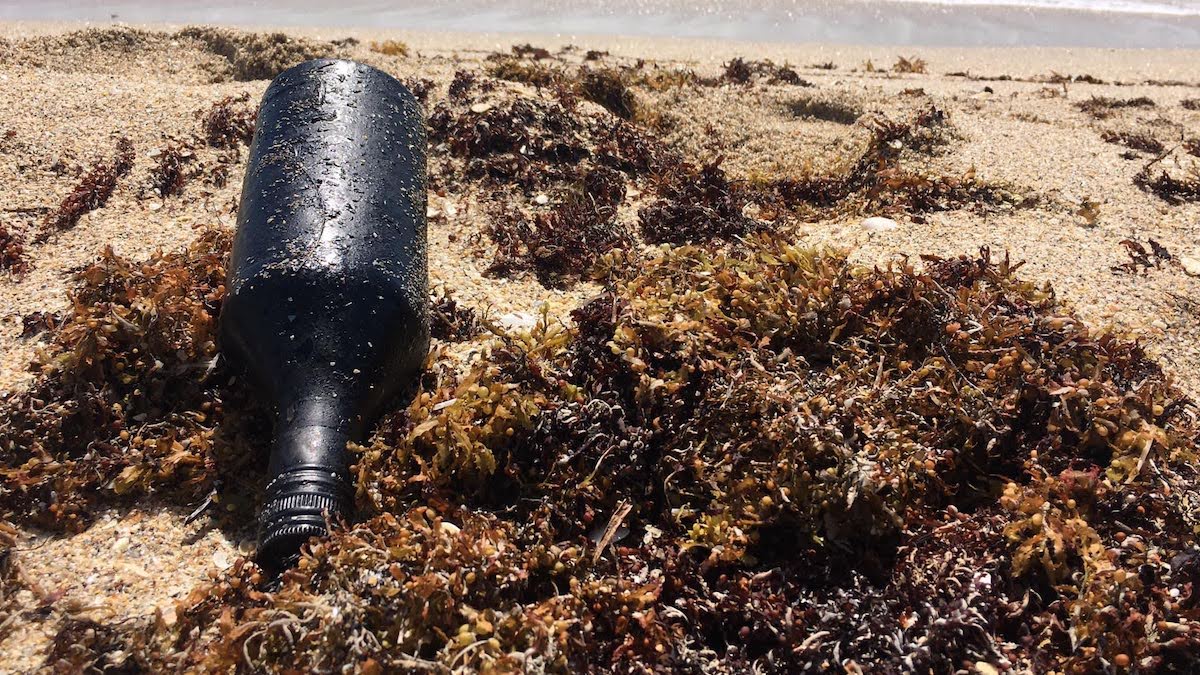The instruments will freeze into Antarctica’s ice sheet, where they will collect detailed, global-scale seismic data.
Grace van Deelen
Grace van Deelen, joined Eos in 2023 as a staff writer. She covers all things Earth science and is particularly interested in stories that highlight the intersection of society, the environment, and equity in science. Grace holds a master’s degree from MIT’s Graduate Program in Science Writing and bachelor’s degrees in biology and anthropology from Tufts University.
Power Plants Will Be Allowed to Release More Than Twice As Much Mercury Into the Air
At a 20 February event in Kentucky, the Trump administration announced plans to loosen pollution restrictions for coal-burning power plants, including limits on emissions of mercury, a hazardous neurotoxin.
Earth’s Climate May Go from Greenhouse to Hothouse
Uncertainty in climate models could mean Earth systems are perilously close to their tipping points, scientists warn.
The Endangerment Finding Is Lost
Tomorrow, the EPA will revoke the 2009 Endangerment Finding, finalizing a July proposal to do so, Press Secretary Karoline Leavitt said in a 10 February announcement.
The AMOC of the Ice Age Was Warmer Than Once Thought
An analysis of sediment cores indicates that North Atlantic waters were relatively warm and continued to circulate even under major climate stress during the Last Glacial Maximum.
Rocks Formed by Microbes Absorb Carbon Day and Night
Microbialite ecosystems in South Africa stored an “astonishing” amount of carbon, according to new research.
Trump Administration to Speed Up Permitting for Deep Sea Mining, Even Beyond U.S. Boundaries
NOAA has finalized a rule that will expedite the permit and license application process for deep seabed mining and allow companies to mine beyond U.S. jurisdictional boundaries.
We Are “Living Beyond Our Hydrological Means,” UN Report Warns
Humanity has overspent and depleted freshwater in the world’s aquifers, glaciers, wetlands, and other natural reservoirs to an irreversible degree, according to a new United Nations report.
Plastic Debris Helps Oil Residues Reach Farther Across the Ocean
Scientists matched oil residues found in Florida to a Brazilian spill thousands of miles away.
The Past 3 Years Have Been the Three Hottest on Record
Extreme heat in 2023, 2024, and 2025 indicates a warming spike, a new analysis finds.

